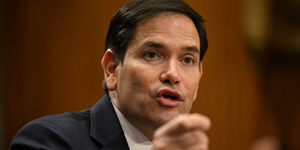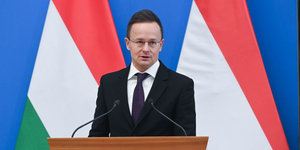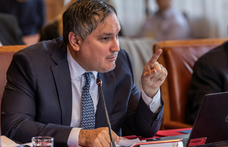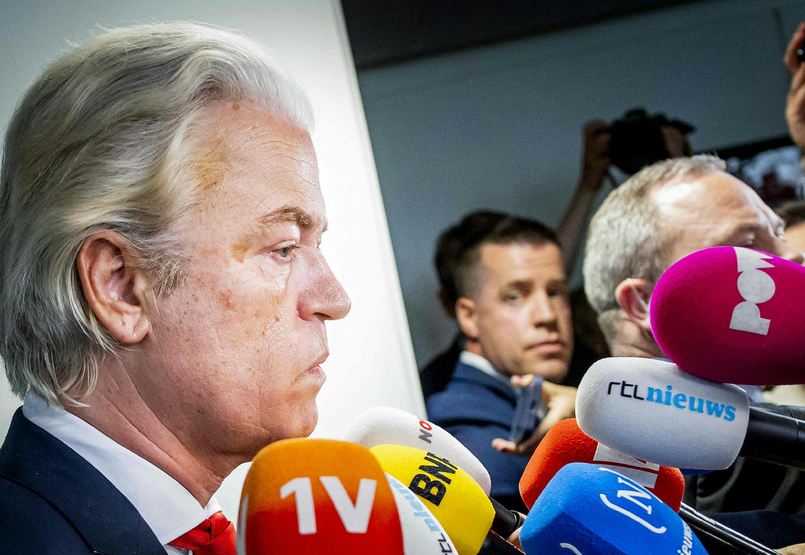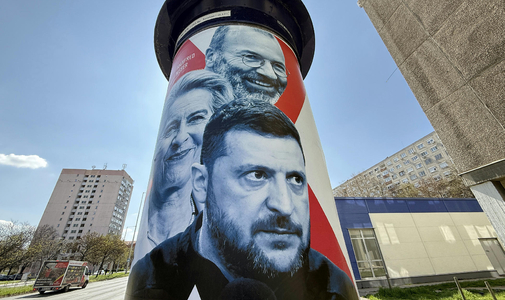Not as good as the Orban
The Gyurcsany package
Ferenc Gyurcsany chose to unveil his drastic savings package not in parliament, but before the more understanding audience of the National Interest Conciliation Council's functionaries. Many of the measures had already been leaked - few of them came as a surprise to the well-informed. The question is how people who believed in the electoral promises will respond to this cold shower.
The politicisation of government
Political science textbooks were quite clear: in Hungary, ministers came and went, but civil servants stayed. Now, however, most of the ministers have stayed, but the ministries' permanent administrators have all gone.
"Sometimes I used tricks"
"I had a very clear conception: I would not allow the city's traditional, characterful patchwork to decay," said the 57-year-old Istvan Schneller, former chief architect of Budapest, who reigned last week. After mounting a spirited 12-year battle against megalomaniac investors, he said, his freedom of manoeuvre had become too constrained.
What do some right-wingers have against Pokorni?
Janos Pelle wrote this article for the Magyar Nemzet, but the newspaper turned it down, saying the debate over the reasons for the Right's defeat had been concluded. We publish the article in abridged form, believing it to be of interest to more than just the right-wing.
Literature will not survive the 21st century
The 96-year-old writer Gyorgy Faludy worries that literature will not survive the 21st century. The art of conversation is in decline, he believes.
The majority and the Roma
Ninety per cent of the Hungarian population say the Roma have criminal tendencies in their blood, according to a survey by Tarki, and every third adult expresses feelings of antipathy towards them. Surveys invariably show that Hungarians are still afflicted by prejudice against the Roma. In recent years, moreover, we have seen even feelings of sympathy on the part of the majority disappear. But it is hard to find a reason for the growing antipathy towards the Roma.
"The country is not a company"
"You can change the world in big steps too," said Kinga Goncz two years ago when she last changed her career. The 58-year-old was last week appointed Hungary's first female foreign minister. The new minister is keeping quiet about her grand plans for the new job, in which she will influence the lives of 450m people as a member of the EU's powerful council of foreign ministers.

